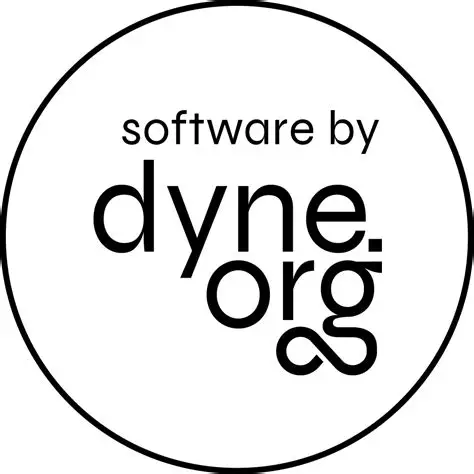Harvest - manage large collections of files and dirs
Harvest makes it easy to list files and folders by type and copy or move them around.
Harvest is a compact and portable script to scan files and folders and recognise their typology. Scanning is based on file extensions and a simple fuzzy logic analysis of folder contents (not just files) to recognise if they are related to video, audio or text materials, etc.
Harvest is fast: it can read approximately 1GB of stored filenames per second and is operated from the console terminal. It never modifies the filesystem: that is done explicitly by the user piping shell commands.
Harvest operates on folders containing files without exploding the files around: it assesses the typology of a folder from the files contained, but does not promote move the files outside of that folder. For instance it works very well to move around large collections of downloaded torrent folders.
💾 Installation
Harvest is a Zsh script and works on any POSIX platform where it can be installed including GNU/Linux, Apple/OSX and MS/Windows.
Install the latest harvest with:
curl https://raw.githubusercontent.com/dyne/harvest/main/harvest | sudo tee /usr/local/bin/harvest
Dependencies: zsh
Optional:
fuse tmsufor tagged filesystemsetfattrfor setting file attributes
🎮 Usage
Scan a folder /PATH/ to show and save results
harvest scan [PATH]
List of supported category types:
code image video book text font web archiv sheet exec slide audio
Move all scanned text files in /PATH/ to /DEST/
harvest scan [PATH] | grep ';text;' | xargs -rn1 -I% mv % [DEST]
Tag all file attributes in /PATH/ with harvest.type categories
harvest attr [PATH]
Tag all files for use with TMSU (See section below about TMSU)
harvest tmsu [PATH]
TMSU
This implementation supports tagged filesystems using TMSU.
To allow the navigation of files in the style of a Semantic Filesystem, Harvest supports TMSU, an small utility to maintain a database of tags inside an hidden directory .tmsu in each harvested folder.
To initialise a tmsu database bootstrapped with harvest's tags in the currently harvested folder, do:
harvest tmsu
Directories indexed this way can then be "mounted" (using fuse) and navigated:
harvest mount
Inside the $harvest hidden subfolder (pointing to .mnt inside the folder) tags will become folders containing symbolic links to the actual tagged files. Any filemananger following symbolic links can be used to navigate tags, also tags will be set as bookmarks in graphical filemanagers (GTK3 supported).
In addition to the tags view, there is also a queries folder in which you can run view queries by listing or creating new folders:
ls -l "$harvest/queries/text and 2018"
This automatic creation of the query folders makes it possible to use new file queries within the file chooser of a graphical program simply by typing the query in. Unwanted query folders can be safely removed.
Limited tag management is also possible via the virtual filesystem. For example one can remove specific tags from a file by deleting the symbolic link in the tag folder, or delete a tag by performing a recursive delete.
To unmount all TMSU semantic filesystems currently mounted, just do:
harvest umount
Further TMSU operations are possible operating directly from inside the directories that have been indexed using harvest tmsu, for more information see tmsu help. For instance, TMSU also detects duplicate files using tmsu dupes.


